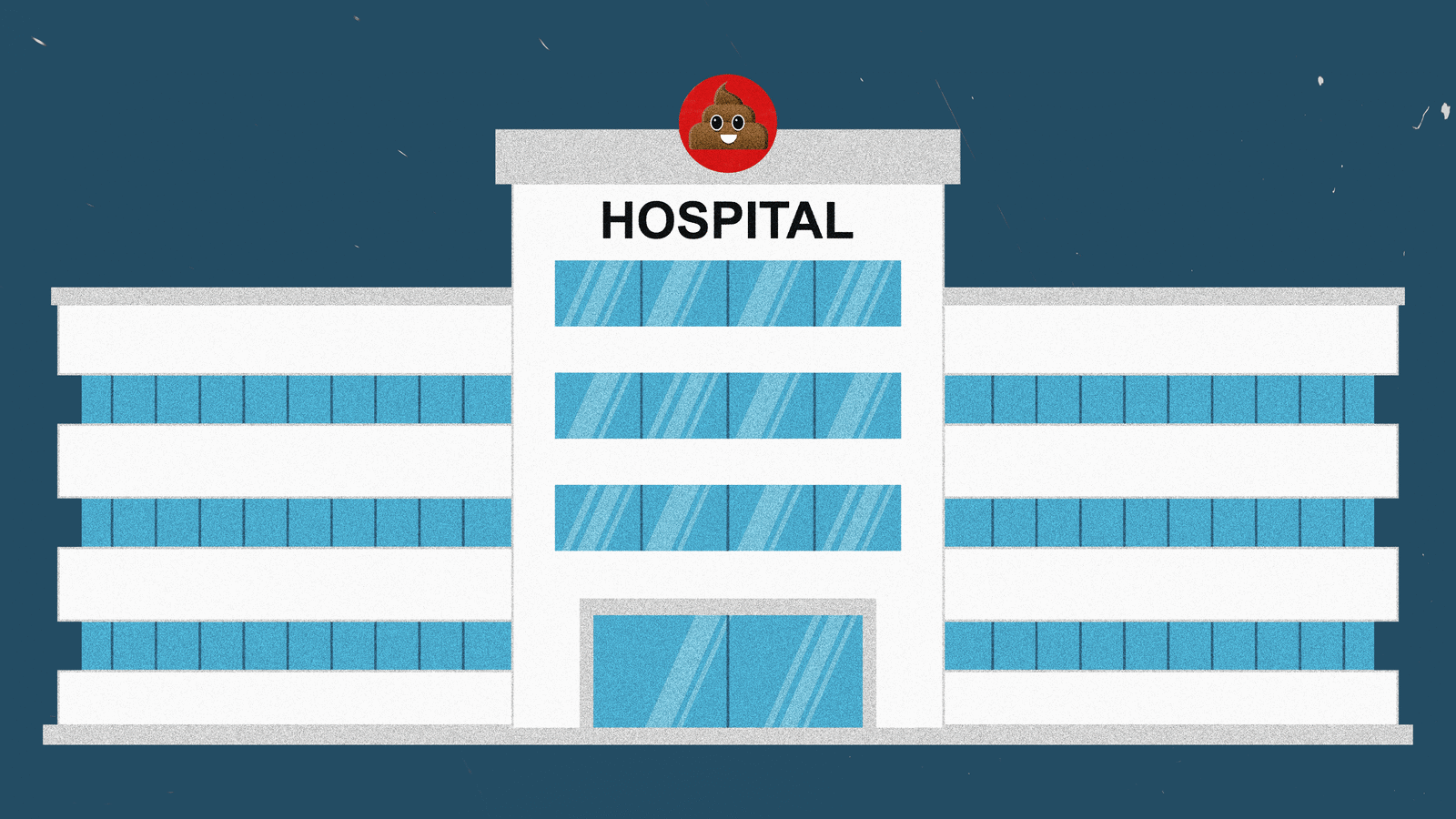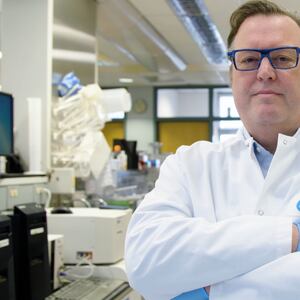Stock up on the Metamucil, folks. Scientists say you need to start saving your poop.
A team of researchers at Harvard Medical School and Brigham and Women’s Hospital published an opinion article in the journal Trends in Molecular Medicine today sounding the alarm on a trend in how human gut microbiomes (microorganisms in your digestive tract like bacteria) have changed in the past decades. These changes have been connected to an increase in digestive system disease, allergies, and even type 2 diabetes.
So, to combat these ailments, the authors suggest that people need to start personal poop banks. That’s right: poop banks.
The idea is to have you save a stool sample from when you’re young. Then later in life, if your gut microbiota has changed and you encounter a disease caused by those changes, you can undergo an utterly cursed treatment known as an autologous fecal microbiota transplant (FMT)—or a poop transplant.
“Conceptually, the idea of stool banking for autologous FMT is similar to when parents bank their baby’s cord blood for possible future use,” Yang-Yu Liu, an associate professor of Medicine at Harvard and co-author of the article, said in a press release. “However, there is greater potential for stool banking, and we anticipate that the chance of using stool samples is much higher than for cord blood.”
While gross as hell, FMTs have been used before to effectively treat digestive tract diseases like those caused by Clostridioides difficile (C. diff), a deadly bacteria that can take over your colon when the microbiomes in your gut get destroyed—often by antibiotics. While a regiment of antibiotics could treat C. diff, there’s a chance it becomes resistant. In that case, doctors might employ alternative treatments like FMT.
The way it works is fairly disgusting. A donor provides a healthy stool sample that is mixed with a saline solution, which is then flushed through your digestive tract via a colonoscopy. Once it’s in your system, though, it replaces the C. diff with the healthy bacteria from the donor stool. Though icky, it’s been shown to have a 90 percent effectiveness in treating the disease, according to Johns Hopkins.
However, even FMT has its limits—particularly when it comes to using a stool sample from a donor. Like an organ transplant, there’s a chance the foreign poop becomes rejected. The team believes that if the healthy stool sample comes from the same patient who needs it, the likelihood of rejection decreases and the chances of a successful treatment increases. In order to accomplish this, the person’s stool sample needs to be taken when they’re young and kept cryogenically frozen for if and when the situation arises where they need an FMT.
“Autologous transplants would naturally avoid or at least mitigate donor-recipient compatibility issues,” Shanlin Ke, a research fellow studying gut microbiomes at Harvard and co-author of the paper, said in the release.
However, he concedes that cryopreservation poses “a major disadvantage” due to the requirement of liquid nitrogen storage, adding that “further research is needed to systematically test longer storage times and preservation, resuscitation, and cultivation procedures.”
Cryopreservation needs might also encourage a disparity where only wealthy individuals can afford to make a deposit at the poop bank. After all, liquid nitrogen storage ain’t cheap. This could result in diseases like C. diff disproportionately affecting low income patients. Yang said that solving this issue would require the “joint force of entrepreneurs, scientists, and perhaps governments.”
So while the paper offers a novel and innovative solution to solving the problems of a depleted gut microbiome, it means that the new theater of class warfare might be in our toilets—and that’s a problem we can’t just flush away.








